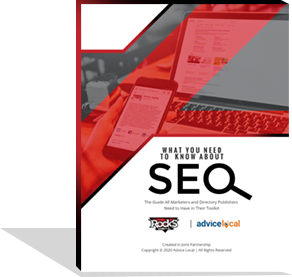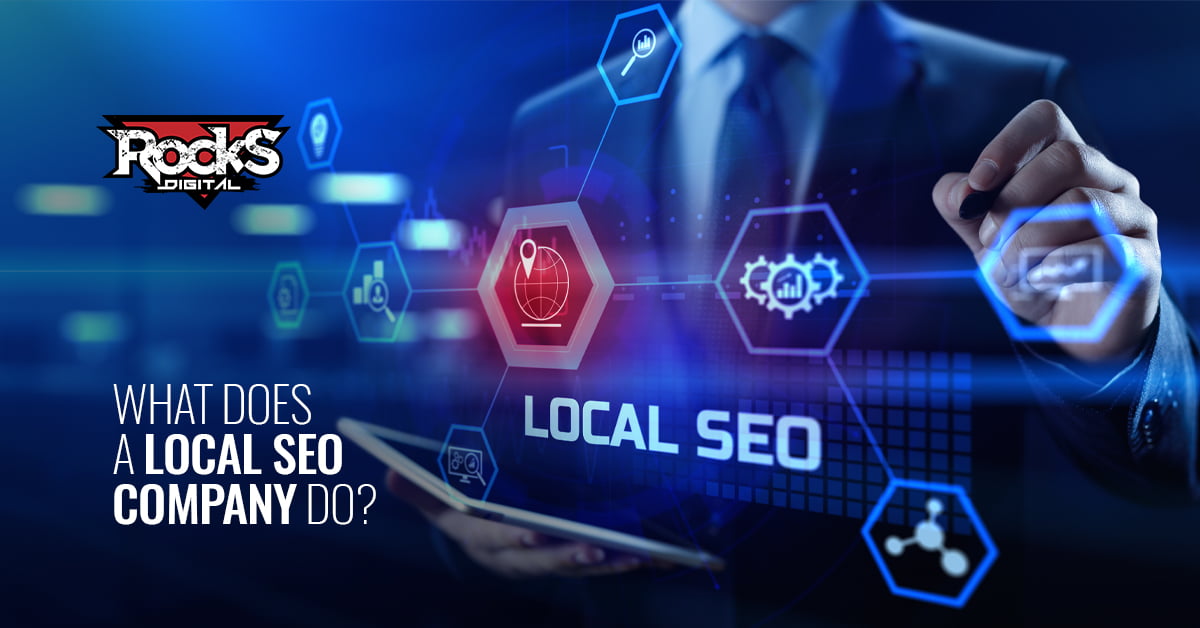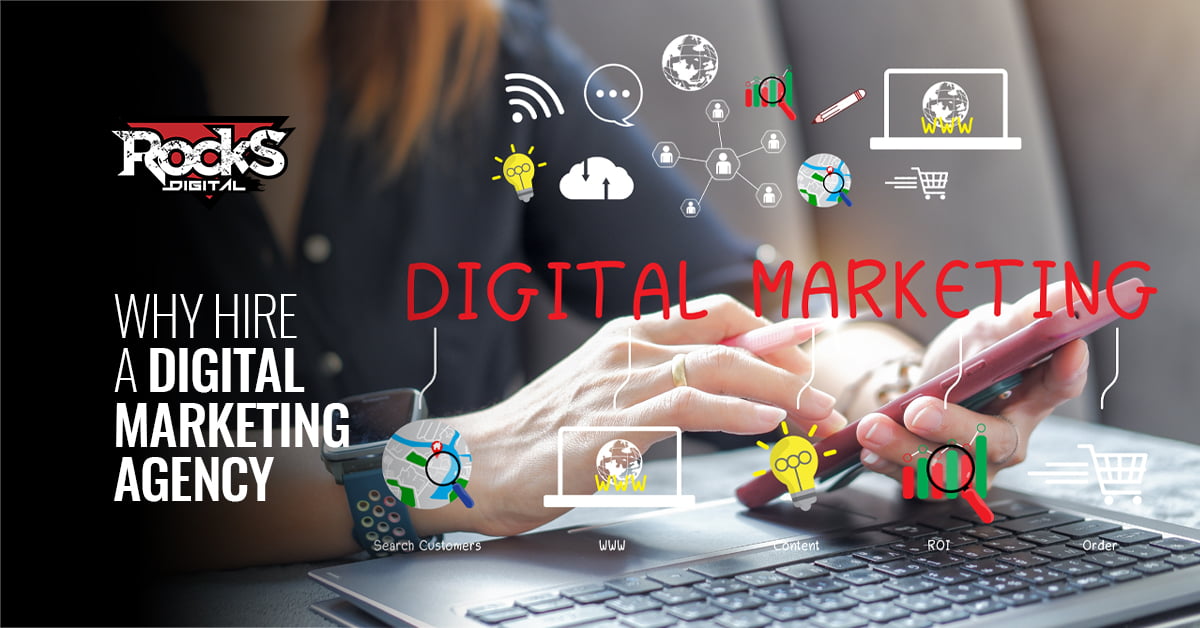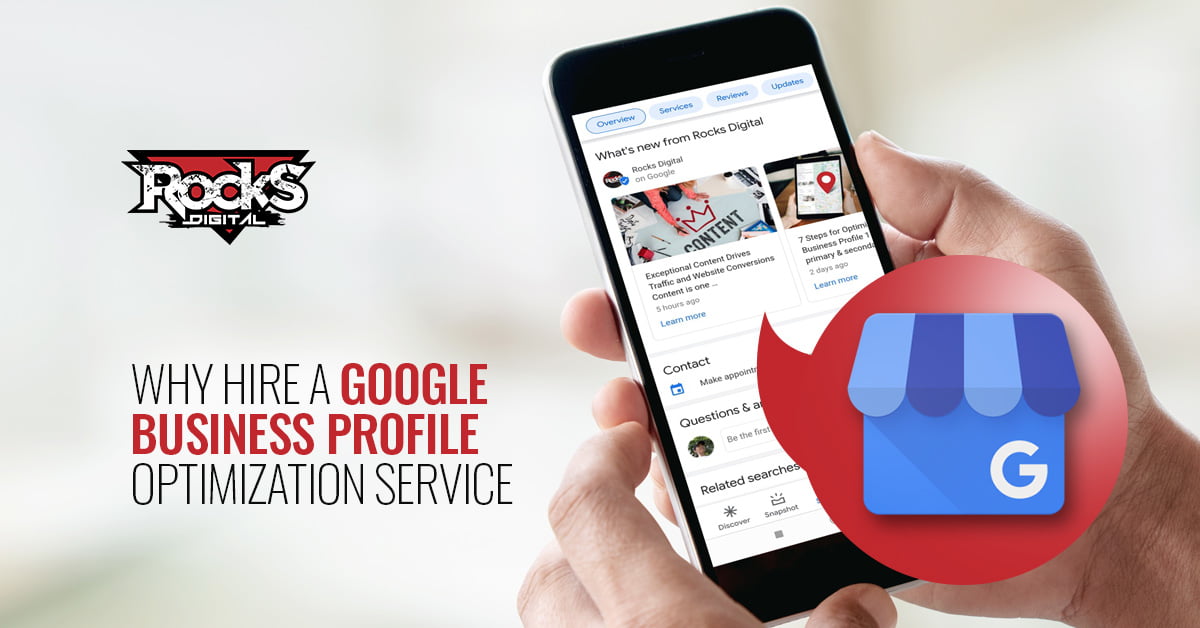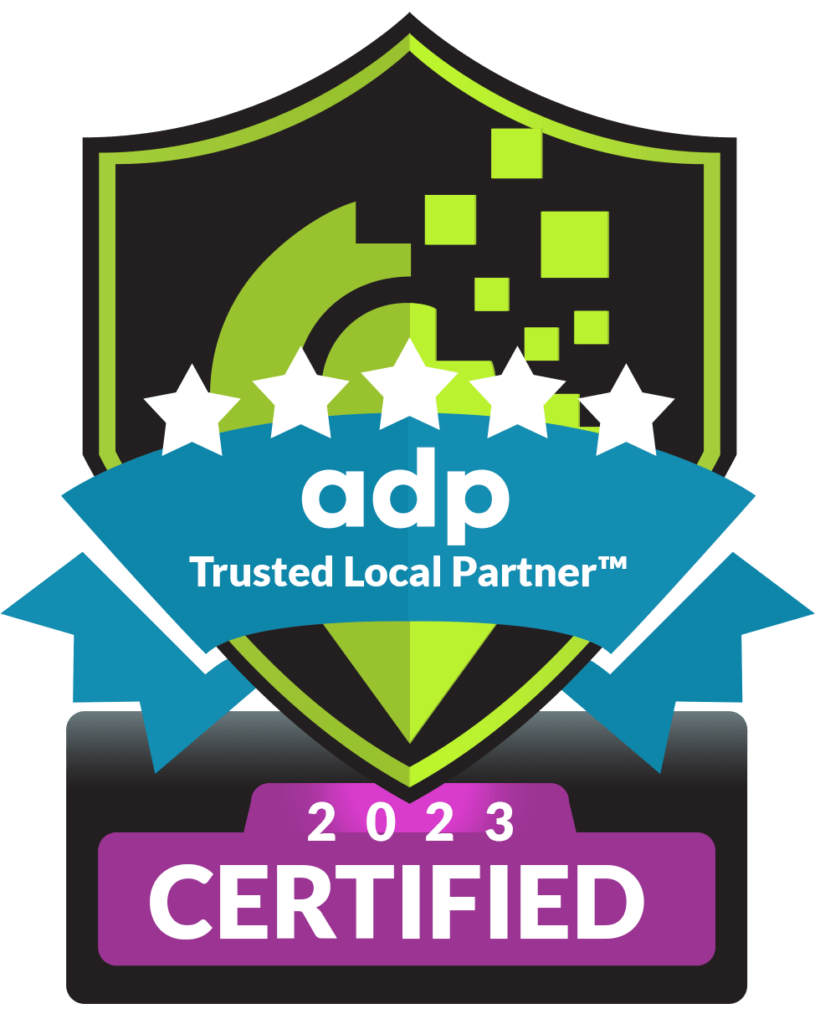
You’re an aspiring entrepreneur – or maybe head of a big corporation – and you’re thinking about creating an app for your business. But you might also question if you really need to get into mobile app development.
Here’s an answer to that question: Since the number of mobile users surpassed the 5 billion point in 2017, a mobile app can be a great way to reach out to your customers. More than likely you’re on the right path, but how do you make the first step to mobile development?
The Businesses that Need to Consider Mobile App Development
It goes without saying that some businesses will probably never need to develop a mobile application. But most industries will stand to gain from such a solution, as it helps to increase customer loyalty and sales. These are:
- Entertainment – table reservations, booking tickets, city maps
- Beauty salons – online appointments, price calculators
- Tourism – interactive maps, services for booking tickets and accommodations
- Medicine – booking medical appointments, lists of services and pricing, live support
- Food – discounts, loyalty programs, delivery
- Sports – schedules, reviews, online appointments
Anyway, as you know, never base your business decisions on guesses! Mind the revenue, and calculate if it’s worth the investment in app development. Answer these questions:
- What will you need this app for?
- Will it be of interest to your clients, and will they use it?
- Will you be able to recoup the cost?
Only when you’re sure that the app will increase sales is it time to look for vendors.
The 7 Main Stages of Mobile App Development
1. Target Market Analysis
At this stage, you have to understand what you expect from this app.
First of all, define your target audience. What kind of people are they, what apps have they already been using? And are they ready to switch to your product? Think over the possible ways of communication with your clients via the app. Will you use it to expand the target market, or will it be possible to turn a one-time client into a loyal customer with its help?
Also, take your budget into account. How much money are you ready to spend on app development?
2. Cohesive Solution
Prepare technical requirements for your app development company. If you have no idea how the tech part of your project should work, no worries, your development team will offer you the best solution. You fill in the brief, and the developers choose the tools and methods to make your idea real. The marketing department collects data to create the target customer profile.
3. Initial Estimate
This is when you will determine how long it will take to develop the app, and what developers you need for your project. You will also get the initial price for app development. However, this price might differ from the final sum you’ll have to pay. The cost could be either lower or higher than you expect due to unexpected changes.
4. Development
When the tech requirements are ready and agreed upon with a designer, you can start app development. How much time does it take to make an app? An app with a few options and simple design will be created in 3–4 weeks. If you need a custom mobile app with unique design, be ready to wait for six months or more.
5. Testing
If you want to create a high quality product, you can’t do without testing. It’s an essential part of the app development process. You can choose manual or automated testing, but the main idea is to make sure that your app works properly and meets the standards.
6. Release
Depending on the chosen platform, you will release your app in the App Store or in Google Play. In both cases, creating an account requires payment – posting an app in Google Play Market comes in at $25, while App Store membership costs $99 annually.
7. Support
Simply releasing a mobile app is not enough. If you want more users, you have to advertise your software. Also, you might need to make some improvements or updates to satisfy your clients. All these services are also available in mobile app development companies.
Mobile App Development – Platforms, Payoff, and Promotion
1. Choose the Platform
Carefully study the tastes of your target audience, and depending on the data you get, choose the platform. iOS is popular in the USA and Western Europe, while Android has more users in Asia. Take into account that iOS development is usually 10–15% more expensive.
2. The Payoff
App development cost is much higher than for a web application or website. And the latter expenditure is more quickly recovered, while your investment in a mobile app will be paid off in the future. The mobile app market is constantly growing, so you have to keep up with it to stay competitive.
According to recent research, an average mobile user has about 20 apps, and half of that number will be various social networks and messengers. Nobody needs trash apps, so you have to provide your clients with a high-quality product if you don’t want them to quickly get rid of your product.
Customers like free mobile apps (which you can monetize through advertisements). Bring value to your clients, and create the apps they find useful. Deal with water delivery? Build a water balance app. If you sell products for kids, think about the app giving childcare tips.
3. Advertising and Promotion
Include money for promotion in the mobile app development budget. You might develop the best app in the world, but it will remain useless if people have no idea about its existence. Advertise your app and don’t let your target audience forget about your products!
Mobile App Quality Indicators
Finally, to understand how successful your app is, pay attention to the following quality indicators:
- Flawless performance
- Number of daily and monthly users
- Retention
The Process of Mobile App Development Can Pay Off
If your app works without a hitch, the number of your monthly users grows, and you manage to retain at least 50% of them, my congratulations! The app development process is hard, but well worth the effort!
To app or not to app – that is the question. Did this article help you make a decision? Let’s hear your thoughts in the comments!
Julia Kravchenko
Julia Kravchenko is an HR expert with 10+ years of experience in human resources management & IT recruiting. She is a Partner and HR Vice President at Qubit Labs, and a contributor to Business.com.


